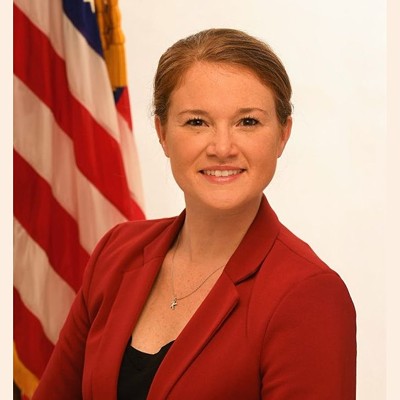CONCERNS over crime have dominated this year’s municipal election campaigns, so much so that I suspect some candidates have been hesitant to raise other issues. I don’t blame them.
“We shouldn’t devote resources to [name of project or program here], until crime is brought under control,” some voters insist.
I understand why people feel this way. My neighborhood’s Facebook page is now used by residents to triangulate the location of nightly gunfire. People long for the days when it was more about hyping yard sales and locating lost pets.
Recruiting more police officers is a necessary tactic for reducing crime, but not the only one. While pushing to fill vacancies on the force and bolstering law enforcement capacity, we must not miss opportunities to confront related problems and attack root causes. Or route causes, as the case may be. More on that in a moment.
Candidates have discussed the connection between crime and poverty, but have any explicitly talked about the clear link between poverty and transportation?
Volumes of research reveal transportation costs have a disproportionate negative impact on lower income households. Even though recent declines in gas prices provided some relief for struggling families who can afford cars, fuel is only part of the equation.
My car’s check engine light has been on for six years. When it finally conks out, I’ll get along without it until I’m able to have it repaired or replaced. I can ride my bike to my office and most other places I need to go.
I’m lucky. For people who must drive to work and other important destinations —and who don’t have adequate savings or credit—an expensive auto repair may doom them to an inescapable cycle of debt.
The Center for Responsible Lending, a nonprofit focused on predatory lending practices, lists Georgia as one of 16 states that allow car title loans at triple-digit interest rates. Providing more transportation options can help people get and keep jobs, and help them avoid jeopardizing their financial futures just to keep their cars running until next payday.
Savannahians who depend on Chatham Area Transit currently pay dearly in another kind of currency: their time. The actual duration of a bus ride is only a portion of their daily commutes.
Next time you are pounding your steering wheel at a congested intersection, remember the people on the bus next to you may have walked a mile along a street without sidewalks and then waited at a bus stop without a bench or shelter, just for the privilege of being stuck in traffic with you.
Along with crime and poverty, candidates have frequently mentioned the need for parental responsibility and involvement. Good parents are expected to manage complex itineraries of extracurricular activities, tutoring sessions, medical appointments and PTA meetings.
It’s hard enough to keep up such a frantic pace with a minivan. Think about how difficult it may be for moms and dads without cars just to get their kids ready for school.
What would you do if being on time for work means taking a bus that gets you there 45 minutes early, but taking the bus that allows you time to feed and dress your children makes you 15 minutes late? Expanded routes and more frequent bus circulation would make a huge difference for many working families.
Chatham Area Transit is a county department, true, but by implementing the Complete Streets ordinance (passed unanimously in January) city officials can improve conditions for transit users.
People who walk, ride bikes and ride buses all benefit from Complete Streets. So do people who drive. Everyone’s a winner.
As it stands now, people who get to work on foot or by bike risk losing big when forced to use streets designed to maximize car speed and capacity. Imagine working late at a restaurant located on Abercorn Extension or a similar thoroughfare. Would you be completely fastidious about using crosswalks if doing so added a mile to your weary walk home? Probably not.
If you are struck by a driver, your survival and your family’s financial situation will be uncertain, but one outcome is easy to predict: You will be blamed for crossing outside of the crosswalk, even if it was hundreds of yards away, and for wearing dark clothing, even if the clothing in question is your work uniform.
After Election Day, let’s hope the victorious candidates will support consistent implementation of the Complete Streets ordinance and other efforts to improve safety and expand transportation options so people can more easily and affordably get where they need to go.
Doing so will save working people time and money. It will also save lives.

























